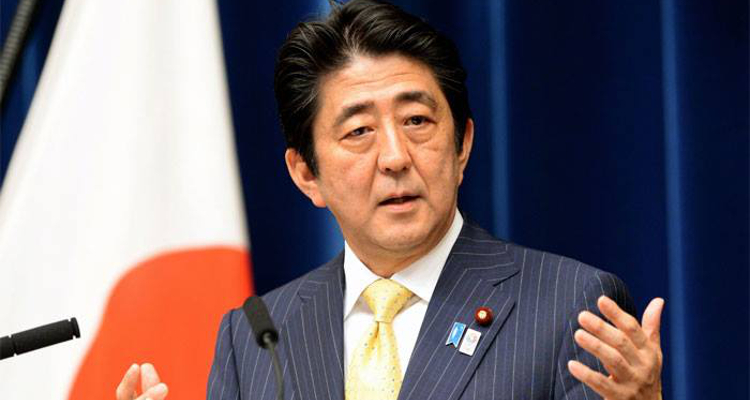In Japan, the ruling Liberal Democratic/Komeito coalition government of Prime Minister Shinzo Abe (pictured) has reportedly agreed to include a measure in the coming Integrated Resort Implementation Bill that will limit the number of times local players may visit a casino.
According to a Tuesday report from The Japan Times newspaper, the novel anti-addiction stipulation was first proposed last month and will see Japanese citizens and all foreign nationals living in the country limited to ten casino outings per month, which is to be defined as any uninterrupted 28-day period.
The newspaper reported that the restriction is to be implemented through the use of the integrated circuit chip inside government-issued My Number identity cards and also include a provision limiting players to only three casino visits over any seven consecutive days.
However, the newspaper reported that a Tuesday meeting saw lawmakers fail to agree on the prospect of casino entry fees with Liberal Democratic politicians proposing a $47 charge per visit for all citizens and residents subsequent to their Komeito counterparts responding with a recommendation of a $75 duty.
The Japan Times reported that government bureaucrats had earlier advised that the casino-legalizing Integrated Resort Implementation Bill, which is expected to be put to a vote before the nation’s 465-seat House of Representatives in advance of a June 20 deadline, should include an entry fee of approximately $19 but counseled against implementing any such charge on foreign nationals as a way to boost tourism and invigorate regional economies.
The newspaper reported that the legislators moreover remained divided on the number of integrated casino resorts to be permitted under the Integrated Resort Implementation Bill with a Liberal Democratic proposal for at least four and up to a maximum of six being sternly opposed by Komeito lawmakers, who believe that the nation should only host a maximum of three such gambling venues.



